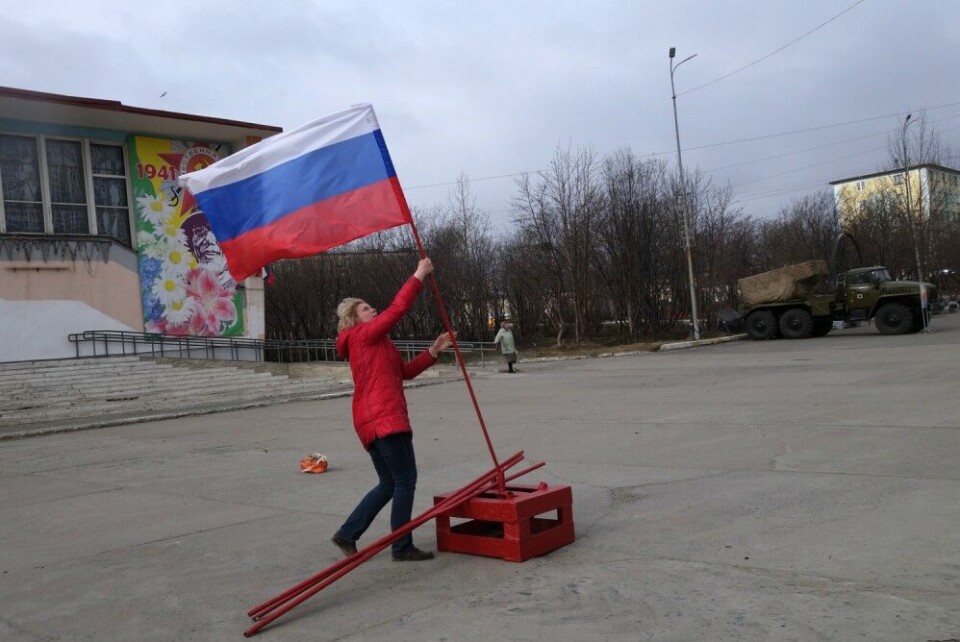
Russia eyes expansion to ‘Foreign Agent’ law
Russia is seeking to label any politically active individual a “foreign agent” in the latest move to broaden a law that critics say curbs free speech.
Under current law, the “foreign agent” label may be extended to civil society groups, media outlets, as well as individual journalists and bloggers in Russia. The latest flurry of proposed legislation would expand the definition of “foreign agents,” ban them from running for office and allow authorities to dissolve them.
Lawmakers from both houses of Russia’s parliament submitted a draft bill last month expanding the “foreign agent” label to any Russian or foreign citizens who collect information on Russia’s military activities while receiving foreign funding.
The government backed the bill ahead of a vote in the lower-house State Duma, Interfax reported Wednesday. The Duma has not yet scheduled the first reading of the bill, which is needed along with an upper-house Federation Council vote before President Vladimir Putin signs it into law.
“The bill signals a new witch hunt of civil society groups and human rights defenders standing up for justice and dignity,” Amnesty International’s Russia researcher Natalia Prilutskaya said.
“The Russian authorities have already starved civil society financially and forced many organizations to close. Now, they are further demonizing individual activists.”
The “foreign agent” law passed in 2012 requires labeled organizations to report their activities and face financial audits. Activists have denounced the law, saying it seeks to silence groups critical of the Kremlin’s human rights record.
Russia has gradually expanded the law, which initially targeted NGOs, to include “undesirable” organizations and media outlets. A December 2019 law also expanded the “foreign agent” label to encompass individual journalists and bloggers.
This article first appeared in The Moscow Times and is republished in a sharing partnership with the Barents Observer.















